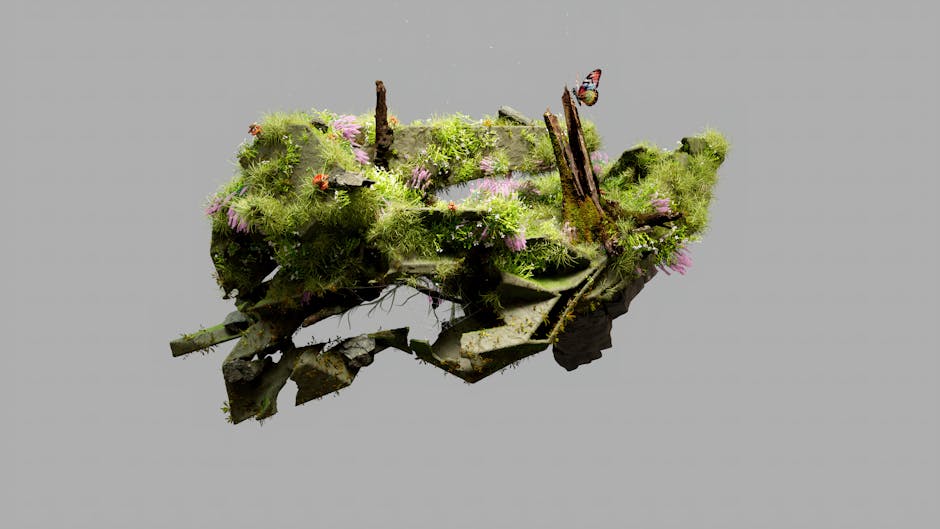
Biodiversity Preservation: Protecting the Variety of Life on Earth
Biodiversity preservation is crucial for the health and sustainability of our planet. It refers to the protection and conservation of the variety of life forms on Earth, including plants, animals, and microorganisms.
Why is biodiversity preservation important? Biodiversity plays a vital role in maintaining ecosystem balance and integrity. Each species contributes to the overall functioning of ecosystems, such as pollination, pest control, and nutrient cycling. It also provides us with essential ecosystem services, including food, medicine, clean air, and water.
Unfortunately, human activities have significantly impacted biodiversity, leading to species extinction and ecosystem degradation. Deforestation, pollution, habitat loss, climate change, and overexploitation of natural resources are some of the major threats to biodiversity.
So, what can we do to preserve biodiversity? Firstly, we need to raise awareness about the value and importance of biodiversity. Education and outreach programs can help individuals understand the benefits of biodiversity preservation and the consequences of its loss.
Conservation efforts must focus on protecting and managing ecosystems and habitats. This includes the establishment of protected areas, national parks, and wildlife sanctuaries. Sustainable land use practices, such as agroforestry and sustainable agriculture, can also contribute to biodiversity preservation.
Furthermore, it is crucial to address the root causes of biodiversity loss. This involves reducing greenhouse gas emissions, promoting sustainable consumption and production patterns, and implementing effective policies and regulations.
In conclusion, biodiversity preservation is essential for the continuity of life on Earth. By understanding its significance and taking concrete actions, we can contribute to the protection and conservation of the variety of life forms that make our planet unique and beautiful.
